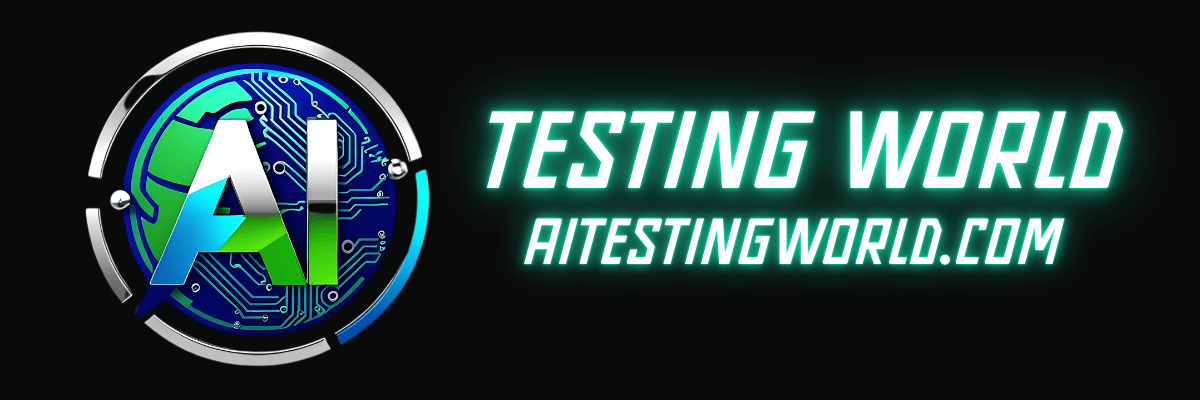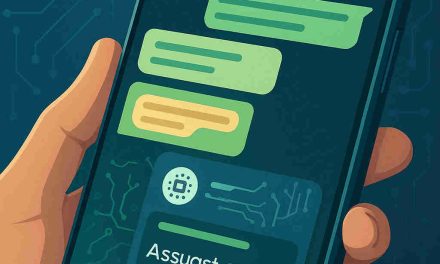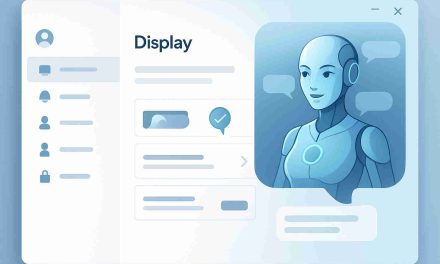TL;DR
Although AI advances rapidly in test security, human judgment remains vital to accurately interpret context and nuances that artificial intelligence alone can’t yet handle effectively.
As artificial intelligence continues transforming exam testing security, industry leaders are increasingly advocating the irreplaceable role of human judgment in overseeing AI-driven tests. With the rise of sophisticated AI technologies aimed at preventing fraud, experts argue that human oversight remains essential in addressing complex, nuanced security threats. Harnessing AI to Boost Test Security
AI technology offers test administrators dynamic tools for identifying irregular patterns, potential cheating, automation attempts, and detecting suspicious behaviors in real-time. Organizations use sophisticated techniques, including facial recognition, keystroke analysis, and behavior monitoring to mitigate risks swiftly and automatically. However, experts agree that these AI systems still fall short when confronted with edge cases and unforeseen scenarios, highlighting crucial gaps in their contextual reasoning competencies.
Why Human Insight is Crucial in AI Testing
While AI effectively handles repetitive tasks and routine analyses, human judgment remains crucial for accurately interpreting subtle social cues, cultural differences, and unanticipated test-taker behavior. Jodie Kane, Chief Testing Officer at a leading test security firm, explains, “AI helps pinpoint suspicious activity quickly, but humans ultimately need to analyze context and motivations behind unusual behavior.”
This inherent limitation requires continuous human oversight as an accountability measure and as a corrective adjustment in cases where automatic mechanisms misuse, misinterpret or wrongly label genuine users’ activities as fraudulent.
Future Directions for AI Test Security
To address these challenges, the industry is increasingly adopting hybrid models that integrate AI monitoring systems with trained human reviewers. This approach blends efficiency and scalability of automated systems with nuanced insight and adaptability of human experts. Companies are also investing heavily in training human analysts to better understand how AI systems operate and interpret data outputs.
As Kane adds, “Bridging the gap between human know-how and AI precision is fundamental to establishing test security practices that are both effective and fair.”
Ultimately, the future of AI in testing may depend on how effectively businesses leverage the strengths of human judgment alongside powerful automated technologies. Understanding the spectrum of current AI capabilities and their limitations provides an effective path toward more robust and equitable test security practices. In conclusion, despite considerable advances, AI has not yet reached the sophistication required to replace human judgment fully in the realm of test security. Collaboration between advanced AI systems and trained professionals creates the optimal balance, protecting the integrity of examinations while ensuring fairness.
What unique challenges do your teams face when implementing AI in testing security? Join the discussion and share your perspectives on the AI Testing World LinkedIn Group.
Original resource for this article: https://techindc.com/modern-test-security-why-human-judgment-still-matters-in-an-ai-driven-world/





